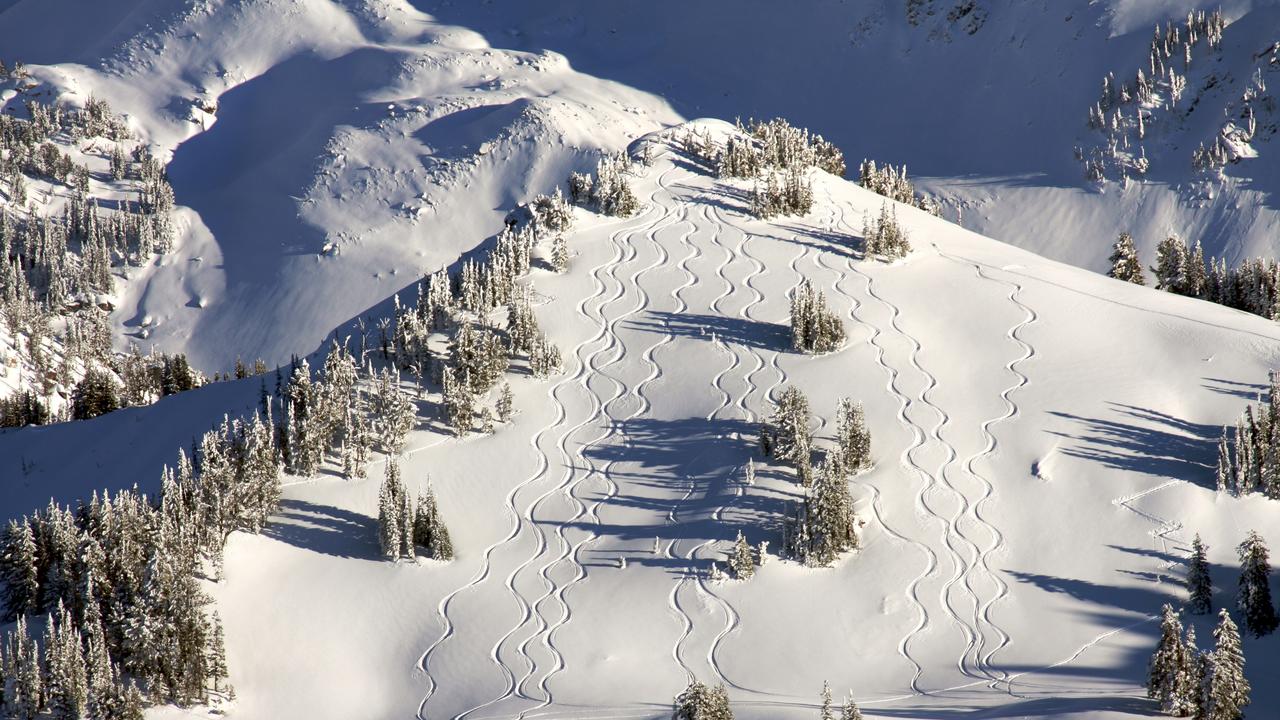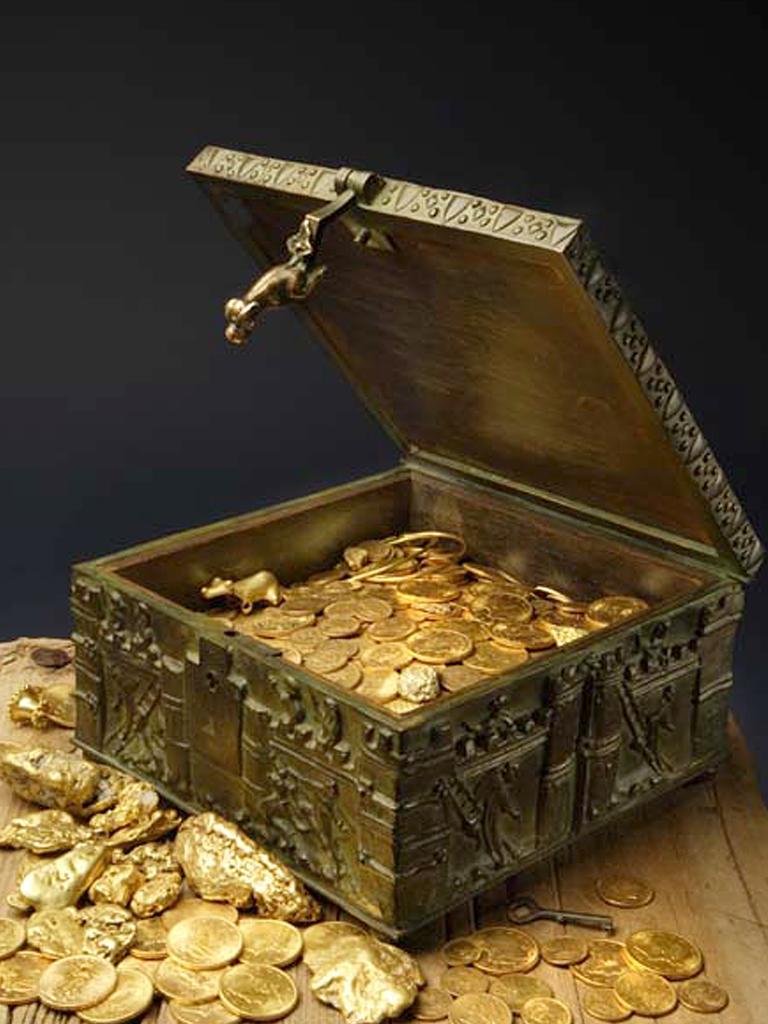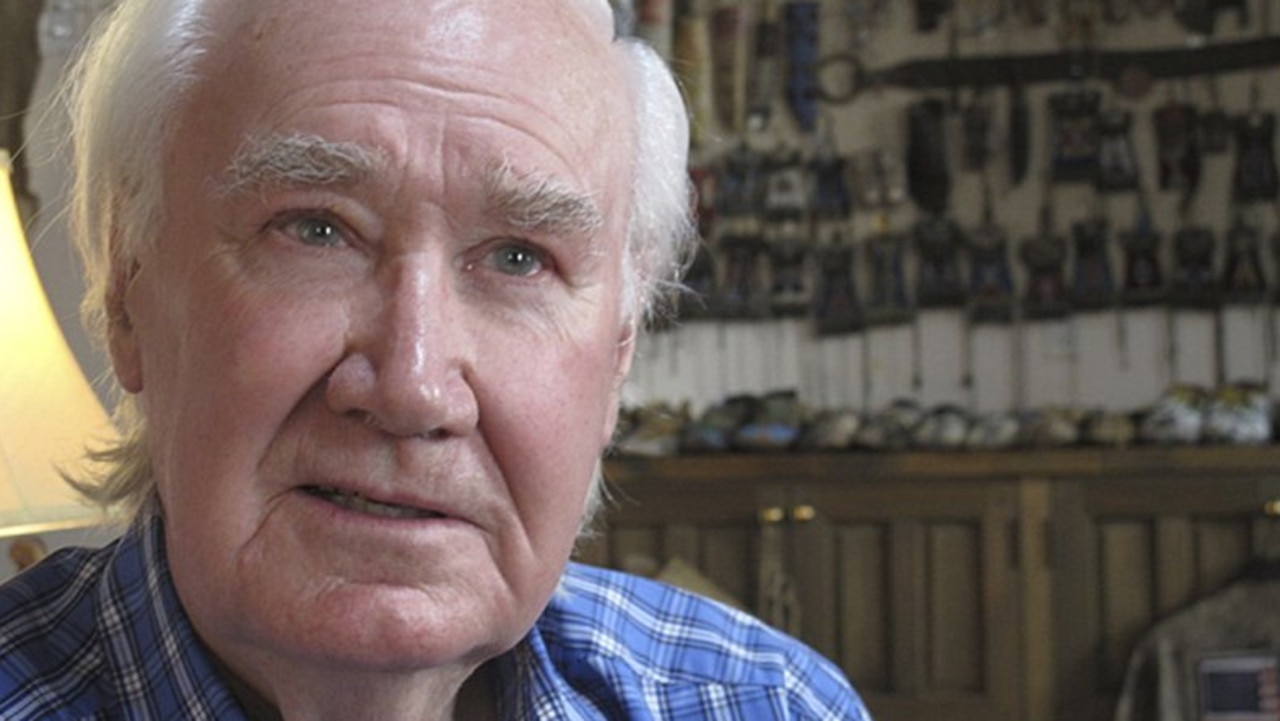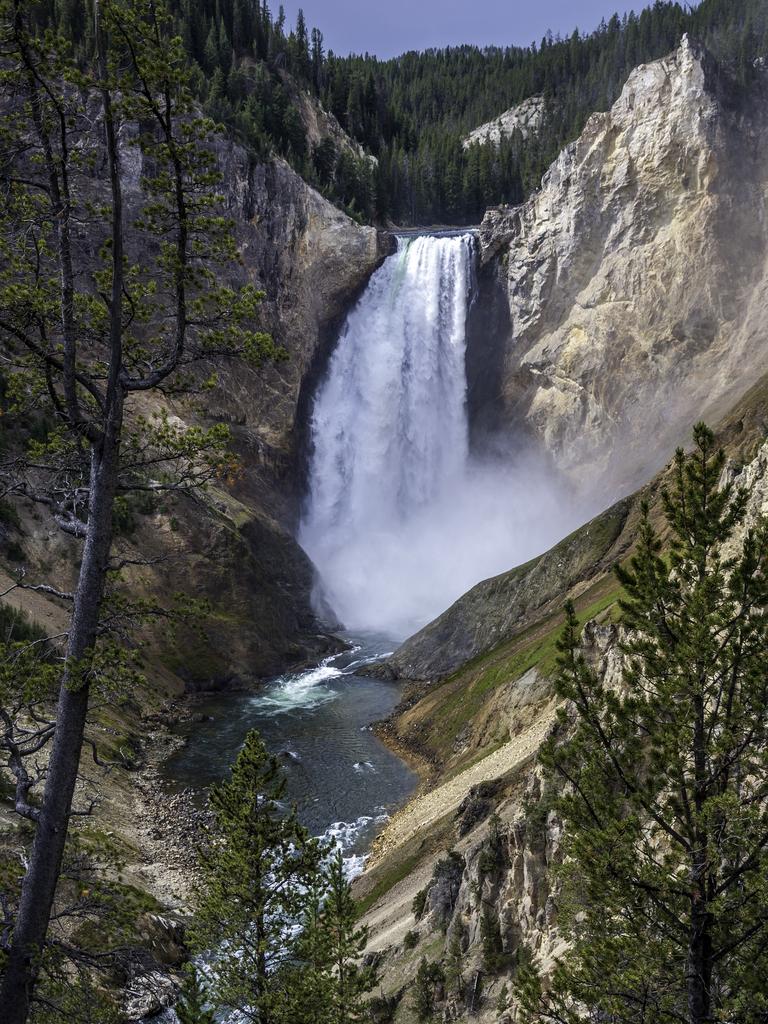Student solves poem clues, finds treasure chest
The identity has been revealed of the person who solved clues written into a poem, then found a famous gold-filled treasure chest hidden more than a decade ago in the wilds of Wyoming

READING LEVEL: ORANGE
The identity of the person who solved the clues hidden in a poem to find a famous gold-filled treasure chest has been revealed.
A grandson of Forrest Fenn, the man who set the challenge and hid the treasure chest more than a decade ago, has confirmed that a medical student from Michigan, US found the treasure in the wilds of Wyoming, US.
Jonathan “Jack” Stuef, 32, found the treasure in June, according to a statement Mr Fenn’s grandson Shiloh Forrest Old posted this week on a website dedicated to the treasure.
“We wish Jack the best of luck, and we hope that the searching community will treat him with the respect that he deserves,” Mr Old wrote.
Mr Fenn, who died in September, left clues to finding the treasure in a poem in a memoir* titled “The Thrill of the Chase.”
At the time he said he hid the chest filled with coins, gold nuggets and other valuables estimated in value at $1.2 million to $4.14 million in the Rocky Mountains north of Santa Fe in either Colorado, Montana, New Mexico or Wyoming.

The poem inspired many to go treasure hunting — sometimes getting into dangerous situations in the Rocky Mountain back-country*.
Mr Fenn said repeatedly the treasure wasn’t in a dangerous or especially hard-to-reach place but at least four people died searching for the chest. Many others needed rescue, including a man who rappelled* into the Grand Canyon of the Yellowstone River in Wyoming in winter.
You can read the poem and the Kids News story about the treasure chest HERE.
Mr Fenn announced on June 6 that the treasure had been found but did not say who found it or where. He said in July the treasure was found in Wyoming and died in September at age 90 without identifying the finder.

Mr Stuef, meanwhile, initially remained anonymous in an article he wrote on the website Medium, published in September, in which he described finding the treasure but not how or where. The article on Monday identified Mr Stuef as the author.
Daniel Barbarisi, who is writing a book on the treasure hunt, also identified Mr Stuef on Monday in an article published in Outside Magazine. He quoted Mr Stuef as saying: “I think I got a little embarrassed by how obsessed I was with it.
“If I didn’t find it, I would look kind of like an idiot. And maybe I didn’t want to admit to myself what a hold it had on me.”
There is a court case underway in the US federal court about the treasure, in which a woman who believed the treasure was hidden in New Mexico claims Mr Stuef succeeded by hacking her texts and emails, allegations Mr Stuef has denied, Mr Barbarisi wrote.

GLOSSARY
- memoir: autobiography; account of at least part of someone’s life
- back-country: remote rural area
- rappelled: abseiled; descended supported by a rope attached to a harness
EXTRA READING
Poem hides secret to real buried treasure
Can you crack the 30-year-old code?
Secret code hidden in a new 50 cent coin
Shiny metal thing disappears, another appears
QUICK QUIZ
- Who found the treasure?
- List two facts about the finder.
- Where were the clues to find the treasure chest?
- What was in the treasure chest?
- Where did the man rappel into?
LISTEN TO THIS STORY
CLASSROOM ACTIVITIES
1. Ask Some Questions
If you could ask Jack Stuef five questions, what would they be? Write your five questions. Then write the answers that you think Jack would give you.
Time: allow 25 minutes to complete this activity
Curriculum Links: English
2. Extension
What skills and personal qualities do you think allowed Jack Stuef to be able to find the treasure?
Time: allow at least 30 minutes to complete this activity
Curriculum Links: English, Personal and Social Capability
VCOP ACTIVITY
Up-level it
Scan through the article and see if you can locate three words that you consider to be basic, or low level. These are words we use all the time and that can be replaced by more sophisticated words. Words like “good” and “said” are examples of overused words.
Once you have found them, see if you can up-level them. Think of synonyms you could use instead of these basic words, but make sure they still fit into the context of the article.
Re-read the article with your new words. Did it make it better? Why/why not?
HAVE YOUR SAY: What’s your best guess as to how Mr Stuef found the treasure?
No one-word answers. Use full sentences to explain your thinking. No comments will be published until approved by editors.

